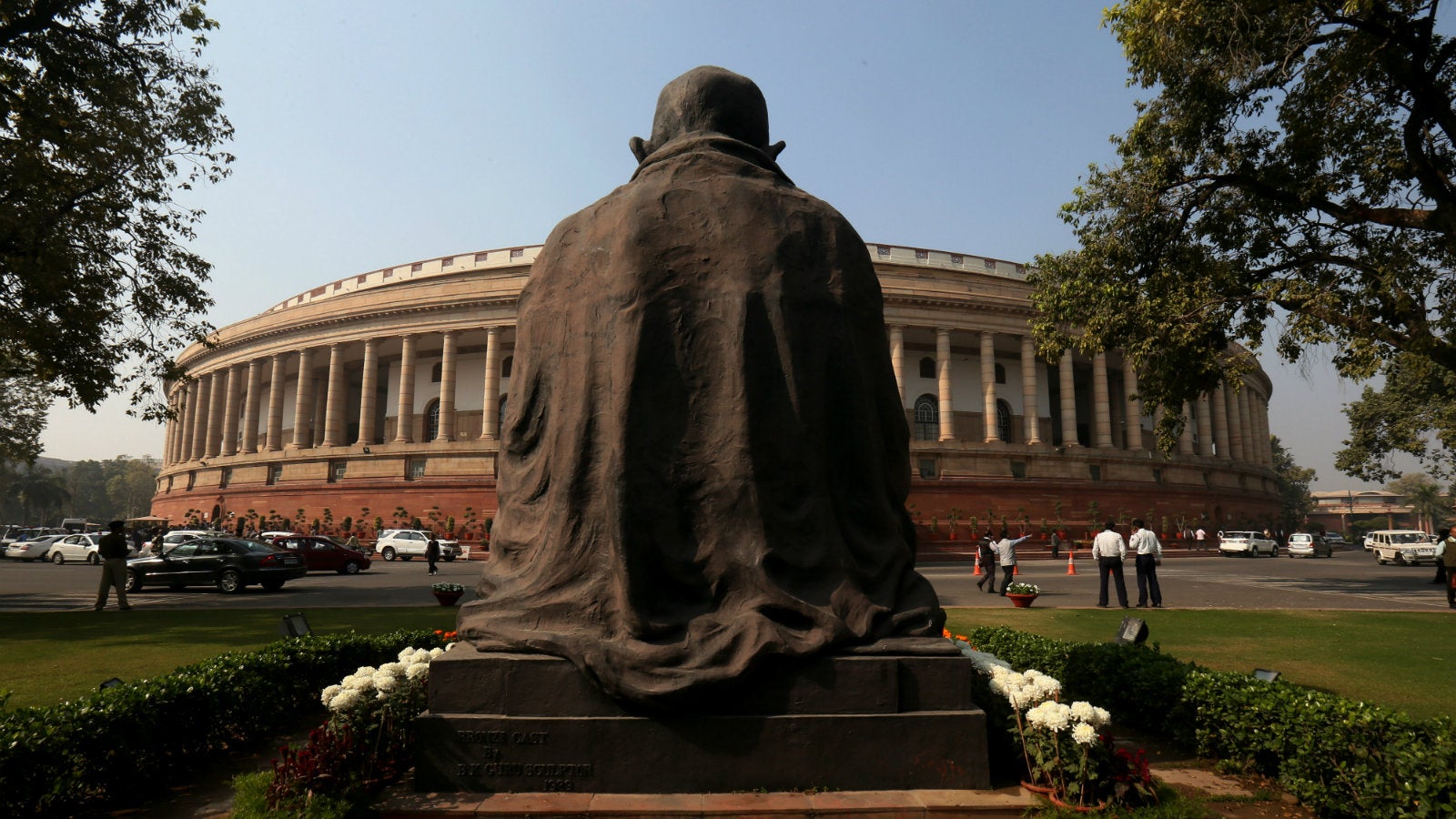India’s flawed federalism leaves the central government paralysed during communal violence
During the last few years, a number of critical issues facing the country have got bogged down due to the fears expressed by the states about federalism getting adversely affected.


During the last few years, a number of critical issues facing the country have got bogged down due to the fears expressed by the states about federalism getting adversely affected.
This cry of “federalism in danger” is as dangerous as the cry of “religion in danger.” This has affected policies in various areas, such as enacting a model law for Lokayuktas, the enactment of a central legislation for the CBI, the reorganization of the Railway Protection Force, the setting up of a federal police agency (discussed later in this chapter), and so on.
When the constitution was prepared, the problems of law and order, terrorism, Naxalism, organized crime, and crimes with international ramifications were not serious enough and, therefore, the subjects, “public order” and “police” were put in the state list. Ideally, both these should have been put in the concurrent list, as is the case in a number of western democracies. As a result, states have been objecting to the role of the central government in these matters. But this has not prevented them from relying on the deployment of central paramilitary forces whenever the occasion demanded. But, restricting the role of the central government has led to cases such as the Ayodhya debacle, the Godhra riots and major communal riots in a number of states.
The time has, therefore, come to take a serious view of the amendment of the constitution. Needless to say, federalism will be relevant only if the country survives.
At the same time, it is essential that the central government and the political party in power at the centre give up their overbearing attitude when dealing with the states. The Modi government is often criticized on this account but the treatment given to the states by successive Congress prime ministers and even by the general secretary of the Congress party, Rajiv Gandhi, was equally overbearing and, at times, even insulting.
…
Prime ministers declaring economic packages during their visits to states are reminiscent of the days of the princely states. We have abolished the princely states but not the mindset, which still continues to be highly feudalistic.
The settling of political scores with the states which were being ruled by parties other than those ruling at the Centre was also a common grouse of the states. This included starting fresh CBI inquiries or closing them down as convenient. Even basic courtesies—such as consulting the chief minister before the appointment of a governor or removing a governor from a state—have not been observed. This highhanded attitude of the central government has gone to the extent where a bill sent for obtaining the President’s approval before its introduction or after its passage by the legislature has been held up, not just for months but in some cases even for years together.
…
These issues are particularly relevant if communal violence and communal riots are to be dealt with effectively. The experience so far shows that unless the central government is enabled to take an active role in the matter, merely making available to the states central paramilitary forces and intelligence inputs from central agencies will not be adequate.
It will be recalled that in the national catastrophic situation pertaining to the RJB-BM agitation in November-December 1992, nearly 20,000 persons of several paramilitary forces were stationed in and around Ayodhya. This was the single largest mobilization of central forces for such an operation since Independence. The contingency plan prepared by the ministry of home affairs covered all the logistics, such as movement of the central forces by air, rail and road, supplies, tent accommodation, food and weapons.
However, since the BJP government in UP refused to deploy these forces around Babri Masjid for its protection, this gigantic effort of the government of India served no purpose. The founding fathers of the constitution cannot be blamed for not having imagined such irresponsible conduct on the part of a state government. Experience has shown that several state governments have been equally lax in dealing with serious communal riots.
This is as true of the state governments headed by the BJP as it was of the Congress party, the CPI (M), the DMK or other political parties. The issue, therefore, needs to be considered dispassionately and institutionally, keeping aside political baggage and rhetoric.
It is time we realized that the first prerequisite of secularism in a country is to make sure that there is communal amity and harmony, and that the life and property of persons belonging to all religions are protected. The minimum that a common person wants is a peaceful life for his family and himself. Looking to the atmosphere of hate, intolerance, religious strife, the targeting of not only the minorities but also the intellectuals, rationalists, writers, and artists, serious doubts arise as to whether India can qualify as a secular state.
If the present highly unsatisfactory and disturbing situation on this score is to be remedied, fresh thinking will have to be done on a number of issues. One of these is the re-demarcation of the role of the state governments and the centre.
Excerpted from Madhav Godbole’s book Secularism: India at a Crossroads with permission from Rupa Publications. We welcome your comments at [email protected].